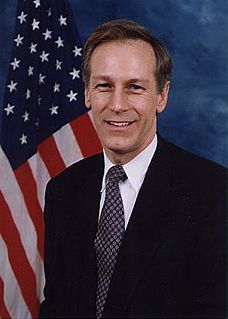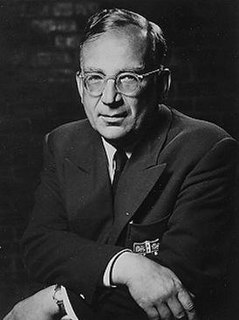A Quote by Sandra Tsing Loh
In 1900, the average life expectancy of a US citizen was 48, so most menopausal women were dead, which is not a great place to be.
Quote Topics
Related Quotes
So here you are, in your twenties, thinking that you'll have another 40 years to go. Four decades in which to live long and prosper.Bad news. Read the papers. There are people dropping dead when they're 50, 40, 30 years old. Or quite possibly just after finishing their convocation. They would be very disappointed that they didn't meet their life expectancy.I'm here to tell you this. Forget about your life expectancy.
But that Franklin trip changed me profoundly. As I believe wilderness experience changes everyone. Because it puts us in our place. The human place, which our species inhabited for most of its evolutionary life. That place that shaped our psyches and made us who we are. The place where nature is big and we are small.
Life expectancy for middle-aged white women has dropped dramatically over the past decade. Researchers didn't understand what was going on and so they were studying it and then very recently they realized it is driven by opioids. Why is that? They say now that it is because women are more likely to see a doctor for pain.
Every human being is tried this way in the active service of expectancy. Now comes the fulfillment and relieves him, but soon he is again placed on reconnaissance for expectancy; then he is again relieved, but as long as there is any future for him, he has not yet finished his service. And while human life goes on this way in very diverse expectancy, expecting very different things according to different times and occasions and in different frames of mind, all life is again one nightwatch of expectancy.






































